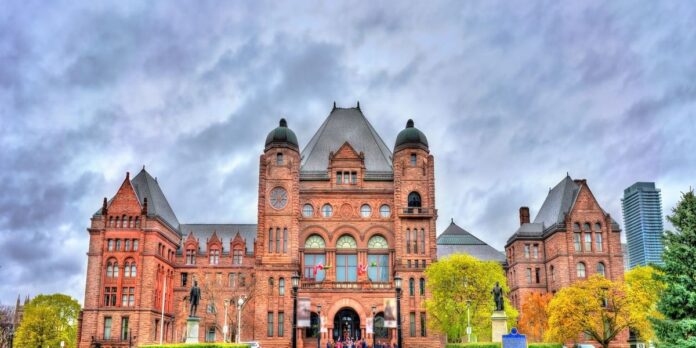Introduction to Bill 5
Ontario’s Progressive Conservative government has passed Bill 5, also known as the Protecting Ontario by Unleashing our Economy Act. This legislation gives the province the power to override provincial and municipal laws in favor of economic development. The government claims that this bill is necessary to expedite development in the mineral-rich Ring of Fire region and to counter global economic threats, including US tariffs.
Opposition from Indigenous Communities and Environmental Groups
However, the bill’s passage has been met with fierce opposition from First Nations leaders and environmental groups. They argue that the bill was passed without proper consultation and that it violates treaty rights enshrined in the Canadian constitution. Grand Chief Alvin Fiddler of the Nishnawbe Aski Nation has warned that protests and blockades are likely, stating that "everything is on the table" in terms of potential actions.
Concerns about the Bill’s Impact
The bill allows the government to establish "special economic zones" where environmental protections, labor regulations, and other statutes can be suspended for projects led by "trusted proponents." This has raised concerns among environmental advocates, who argue that the bill could significantly alter the legal and environmental landscape in Ontario. The legislation also includes provisions that allow the provincial cabinet to override laws without legislative scrutiny, which has been criticized as undemocratic.
Implications for Conservation and Indigenous Rights
The bill rewrites Ontario’s endangered species law, giving the cabinet final authority on which species merit protection, rather than scientists. It also eases rules on preserving Indigenous archaeological sites. The government has floated the possibility of Indigenous-led economic zones, but details remain scarce, and First Nations groups say that the damage has already been done.
Reaction from Industry Stakeholders and Civil Liberties Advocates
While some industry stakeholders have cautiously welcomed provisions in Bill 5 that streamline mining approvals, critics and civil liberties advocates say that the bill’s rhetoric risks escalating tensions. The Canadian Civil Liberties Association has condemned Bill 5 as a dangerous overreach that could hollow out legal safeguards without meaningful public oversight.
The Road Ahead
In the coming weeks, the Ford government must draft the regulations that will define how Bill 5 is implemented. These rules will be subject to consultation, but with Indigenous leaders threatening direct action and legal battles on the horizon, Ontario may be on the brink of a new phase in its fraught relationship with First Nations.
Conclusion
The passage of Bill 5 has significant implications for the environment, Indigenous rights, and the economy in Ontario. While the government argues that the bill is necessary for economic development, opponents argue that it violates treaty rights and undermines environmental protections. As the government moves forward with implementing the bill, it is likely that tensions will continue to escalate, leading to potential protests, blockades, and legal battles. Ultimately, the fate of Bill 5 will depend on the outcome of these conflicts and the ability of the government to balance economic development with environmental and Indigenous concerns.

